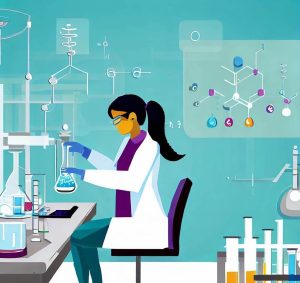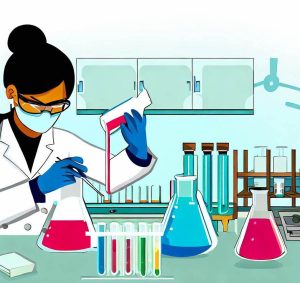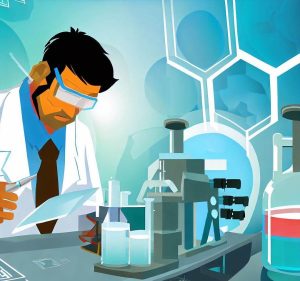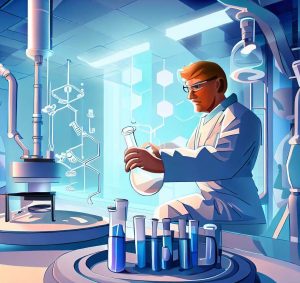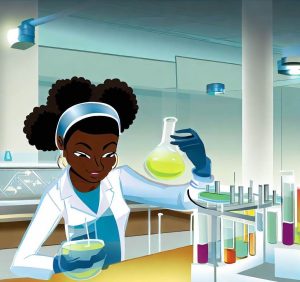Looking for a versatile and dynamic career in STEM? Consider becoming a chemist. This STEM role offers an array of specializations and avenues for research. As a chemist, you’ll delve into the building blocks of matter—from individual atoms to complex molecular structures. Whether you’re interested in pharmaceuticals, materials science, or any of the numerous chemistry subfields, there’s a place for you. Plus, a career in chemistry allows you to contribute to groundbreaking scientific research and technological innovation. If you’re captivated by the fundamental principles that govern our world and are eager to make a scientific difference, then a career in chemistry might be your perfect fit.
Check out our knowledgebase for more information. Are you looking for your dream job in STEM? Look here.

